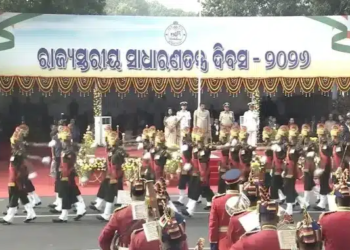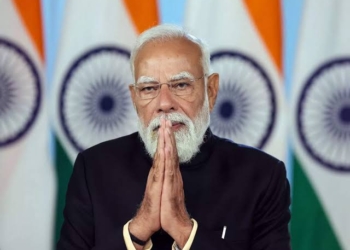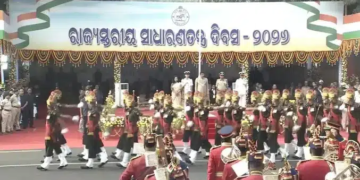The Supreme Court of India has scheduled a hearing on May 15 to address multiple petitions challenging the constitutional validity of the Waqf (Amendment) Act, 2025.
The case, which has sparked intense debate nationwide, will be heard by a bench led by the newly appointed Chief Justice, B R Gavai.
The petitions question the legislative changes that critics argue could alter the nature of waqf property rights and governance. The Centre has assured the Supreme Court that it will not proceed with waqf property denotifications or appoint new members to the Central Waqf Council until May 5. However, the government has resisted issuing interim orders against denotification and the inclusion of non-Muslims in waqf bodies.
In its defence, the Centre claims that waqf property registration has been mandatory since 1923 and asserts that judicial interference could challenge legislative intent. The Supreme Court, meanwhile, ruled that waqf properties already registered or declared would remain unaffected until further deliberations.
With the upcoming hearing, legal experts and stakeholders anticipate rigorous arguments on religious freedom, property rights, and government oversight of waqf assets. The Supreme Court’s decision is expected to set a significant precedent for how waqf laws function in India.





























